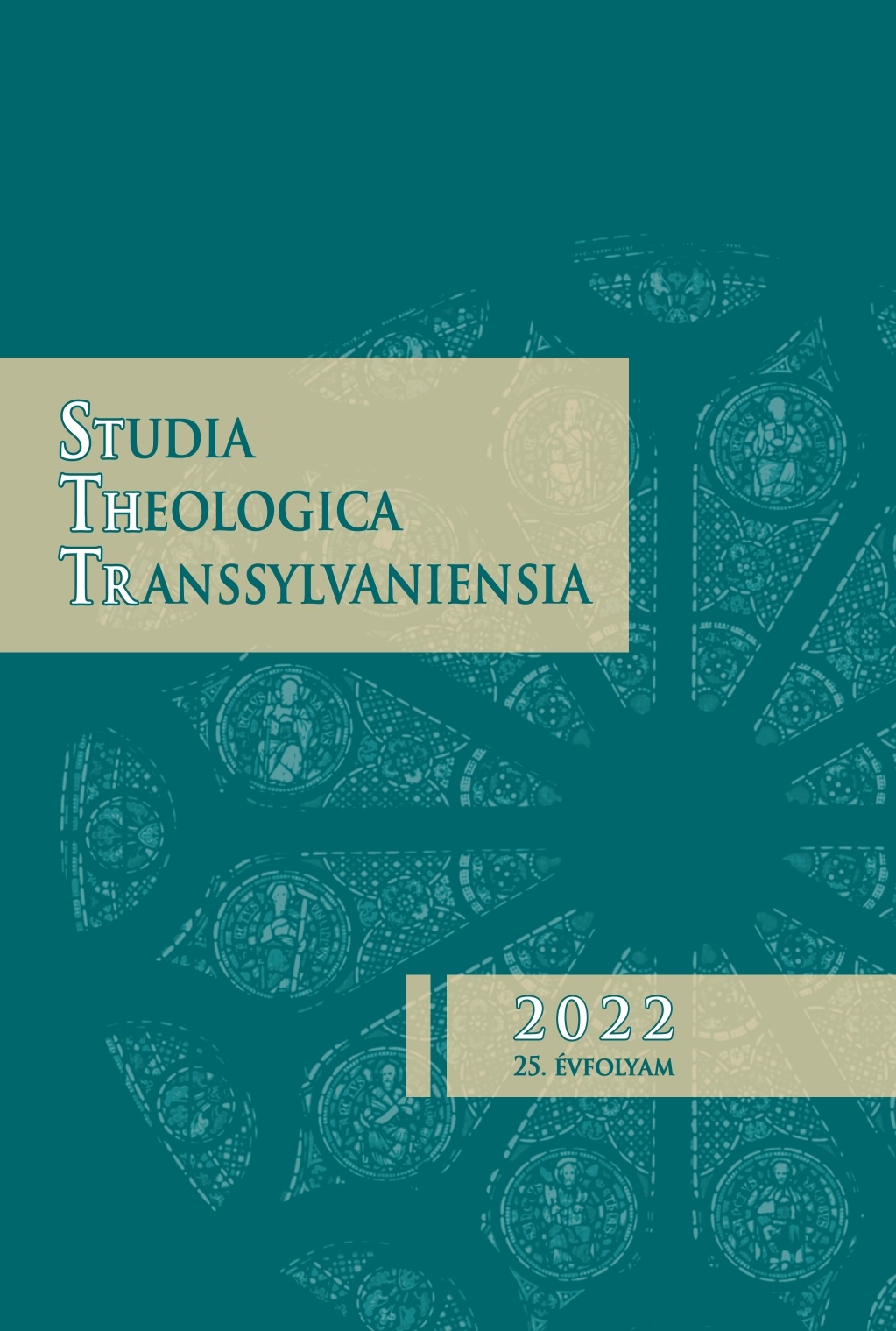A feltámadás (újra)értelmezése az ApCsel 1–2-ben
DOI:
https://doi.org/10.52258/stthtr.2022.07Kulcsszavak:
Luke–Acts, resurrection, ascension, Peter's speech, hermeneutics, Old Testament quotationsAbsztrakt
Like the other Gospels, Luke describes the resurrection only very briefly. In Acts, however, the Lucan resurrection narrative is subjected to further reflection on what this event means and what follows from it for the emerging church. In this paper, I examine the beginning of Acts (specifically Acts 1:9-11 and 2:14-36) and attempt to explore how it (re)interprets the resurrection narrative of Luke 24. I argue that the author of Luke–Acts conceives and reinterprets Jesus’ resurrection through two key narratives: the story of the Ascension (Acts 1:9-11) and Peter’s sermon at Pentecost (Acts 2:14-36). Luke thus chooses two hermeneutical approaches, one narrative and one rhetorical, to explore the theological depth of the resurrection event. Common to both approaches is that they invoke the authority of Old Testament Scripture, which serves both as evidence of the necessity of Jesus’ transition from earthly to heavenly reality and as an interpretive key to understanding the final chapter of the Gospel.
Downloads
Megjelent
Hogyan kell idézni
Folyóirat szám
Rovat
License
Copyright (c) 2022 Trombitás Márta

This work is licensed under a Creative Commons Attribution 4.0 International License.






